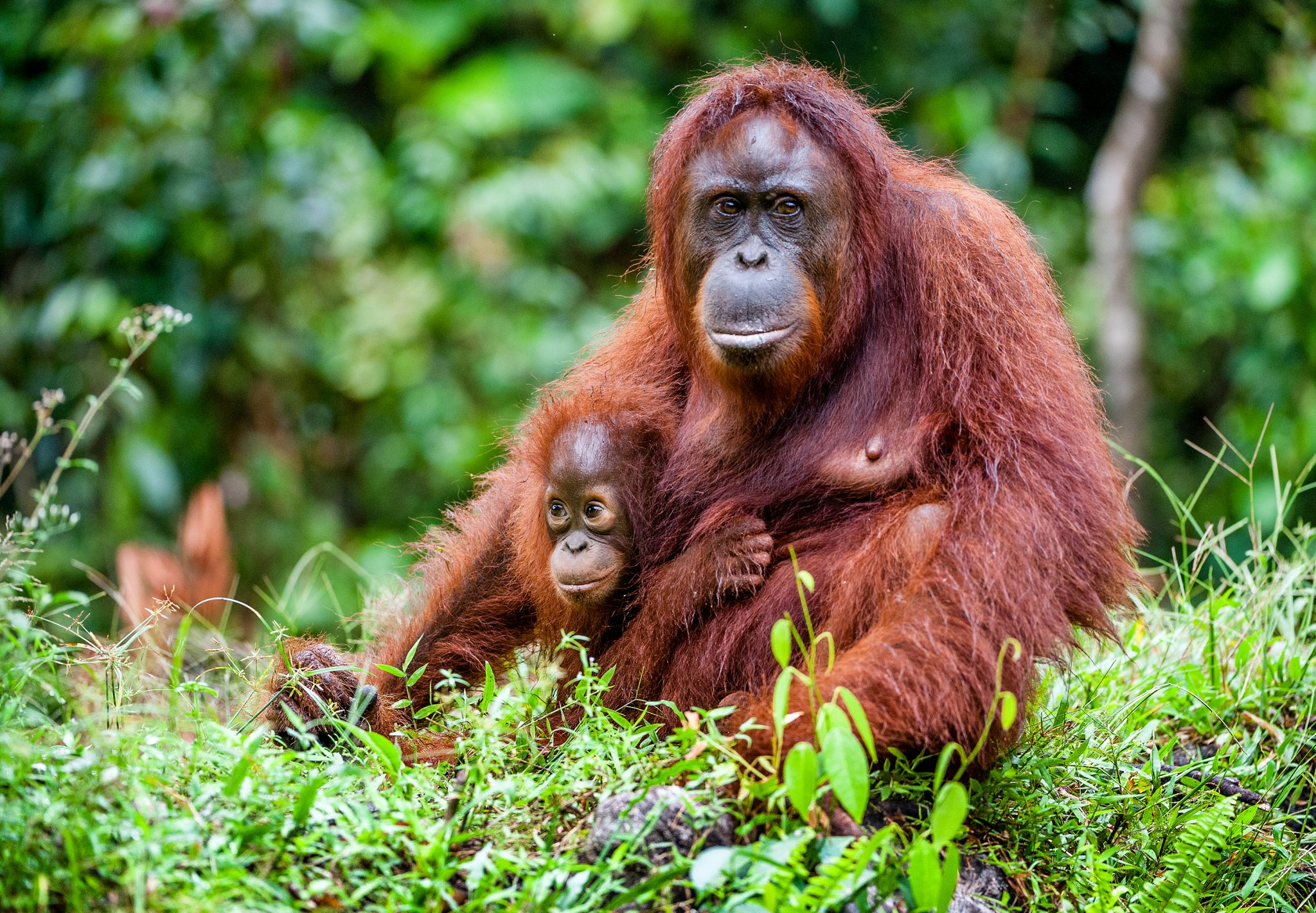The co-operative movement is committed to the UN’s Sustainable Development Goals – but what happens when a co-operative’s business interests are in conflict with the SDGs?
One of the most contentious environmental issues at the moment is the production of palm oil. Palm oil is a versatile ingredient whose uses include fuels, food, cosmetics and pharmaceuticals. It’s also a key part of economies such as Indonesia and Malaysia.
But there is huge concern over the impact of its cultivation, particularly on forest biodiversity following land clearance, and conservationists warn it could threaten the survival of iconic species such as the orang utan and Sumatran tiger. It’s an issue which has sparked a dispute between the Malaysian co-op movement and the European Parliament (EP), after the latter adopted a non-binding resolution last April to ban the use of palm oil in transport fuels by 2020, to allow only certified sustainable palm oil to be imported, and to demand tighter standards of sustainability certification schemes.
An EP statement says: “The production of palm oil leads to deforestation as jungle is removed to be replaced by palm plantations. Precious tropical ecosystems, which cover 7% of the Earth’s surface, are under increasing pressure from deforestation, resulting in, for example forest fires, the drying up of rivers, soil erosion, loss of groundwater, pollution of waterways and destruction of rare natural habitats.”

The apex body for Malaysia’s co-ops, ANGKASA, says it wants to be the voice of opposition to the EU’s plan – and says it has the backing of the International Co-operative Alliance, the apex body for co-operatives worldwide.
ANGKASA president, Datuk Abdul Fattah Abdullah, said: “We have been given the honour of writing the formal protest letter to the EU.
“It will be submitted to the ICA by the end of this month and is expected to be presented to the EU in the near future. The protest by Malaysia will not only benefit the country, but also other countries represented in the ICA.
“We hope that through this protest, the EU will at least see a large movement among co-operatives worldwide to consider.”
Malaysia accounts for about 35% of the world’s palm-oil based products, alongside other major producers like Indonesia, Thailand and Africa, and ANGKASA argues that the EU proposal would harm about 700,000 smallholders.
A spokesperson from the Alliance said ANGKASA is now drafting a response which addresses the sustainable development concerns, and how it plans to mitigate them. Meanwhile other supporters of the industry have said the European Parliament would do better to encourage sustainable production rather than a ban.
Responding to the resolution, Jelmen Haaze, co-chair of the European sustainable palm oil advocacy group, said: “It is an illusion to think we can take one commodity out of the economy and solve all our problems.”
In terms of retail supply chains, some co-ops – such as the UK’s Co-op Group – have opted for the sustainable production route. In 2011 the Group announced that 100% of its palm oil would come from sustainable sources, and it has a member on the board of the Roundtable of Sustainable Palm Oil, which demands certified standards of growers.
Others have taken a firmer line, with Coop Italia announcing in 2016 that it would remove over 200 products containing palm oil from its shelves.

Asked about the issue at the International Co-operative Alliance’s Global Conference, held in Malaysia last November, keynote speaker Gro Harlem Brundtland said Malaysia would have to find more sustainable models.
The former PM of Norway, who went on to chair the Brundtland Commission on sustainable development, told a press conference: “Many countries like Malaysia need to make a plan for transition into other ways of employment, other ways of making progress in their countries. Many countries have challenges and they need to change. The current trends are not sustainable and we cannot just continue.”
She gave the example of Norway, which in the early 1990s placed a tax on carbon emissions from its offshore fossil fuels production, which led to a fall in emissions.
“Change is necessary,” she said, “Price signals and tax is necessary to take that development in right direction – every country has responsibility to make change.”
It’s a forthright statement which might leave co-ops in the rest of the world wondering if their own industries are sustainable.
- Read more from our recent series on co-operatives and the Sustainable Development Goals here.